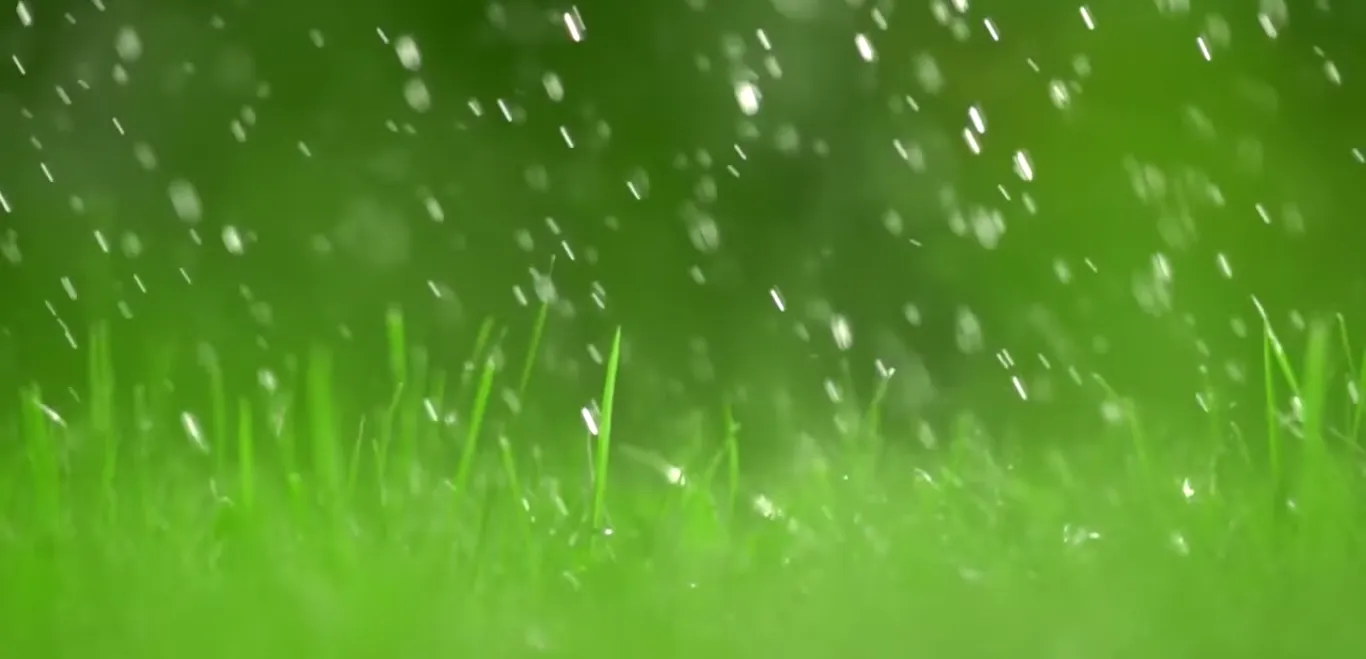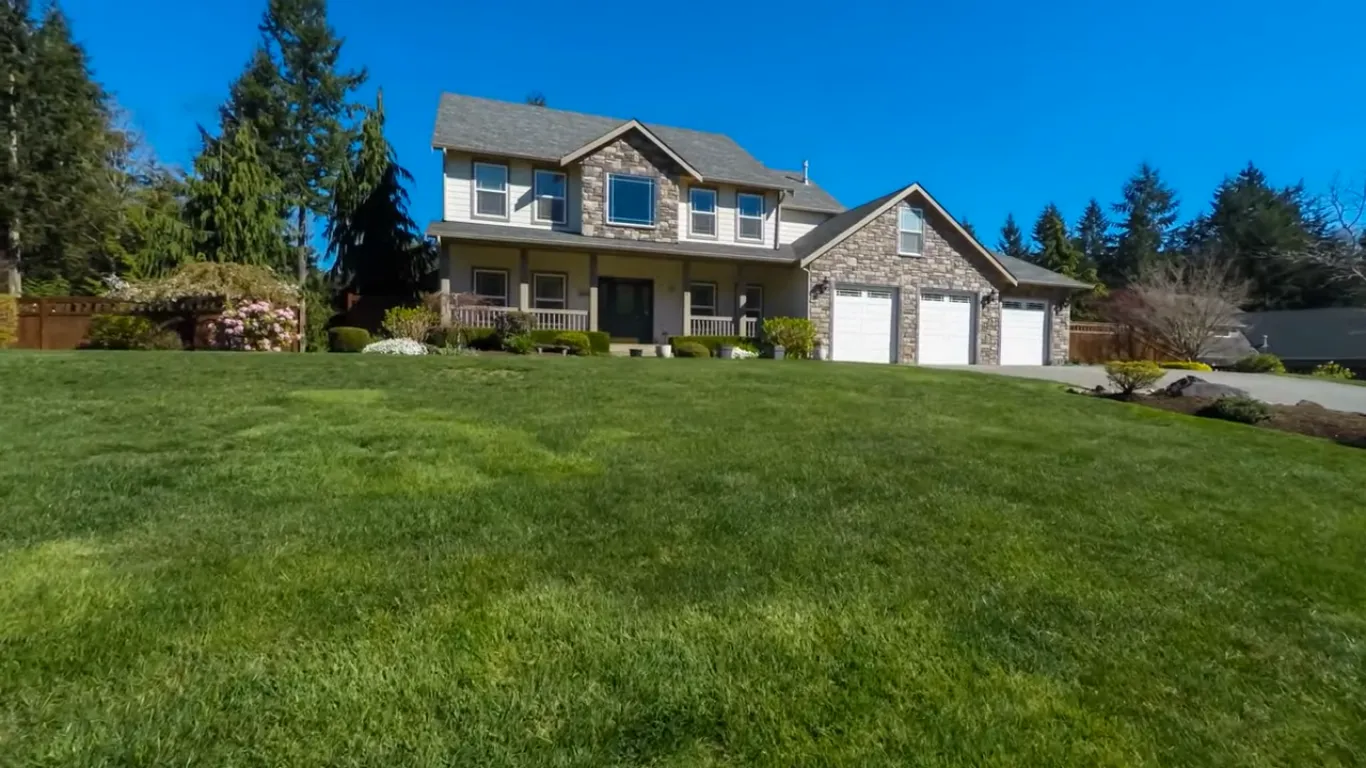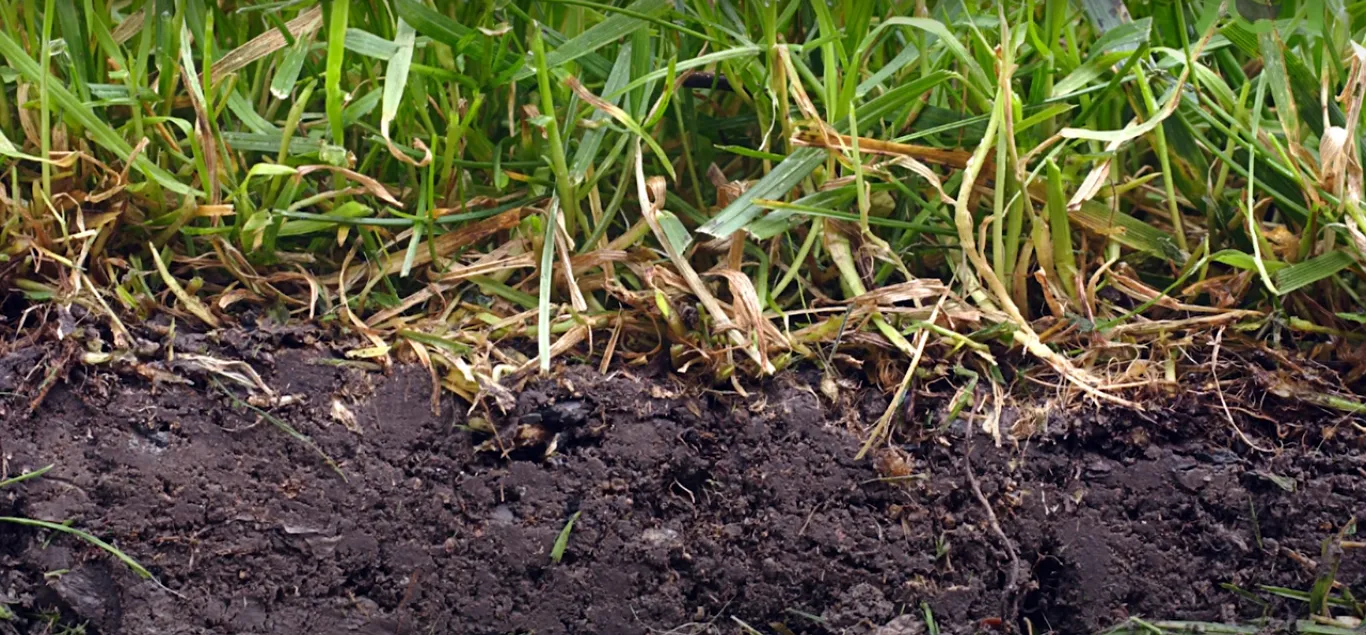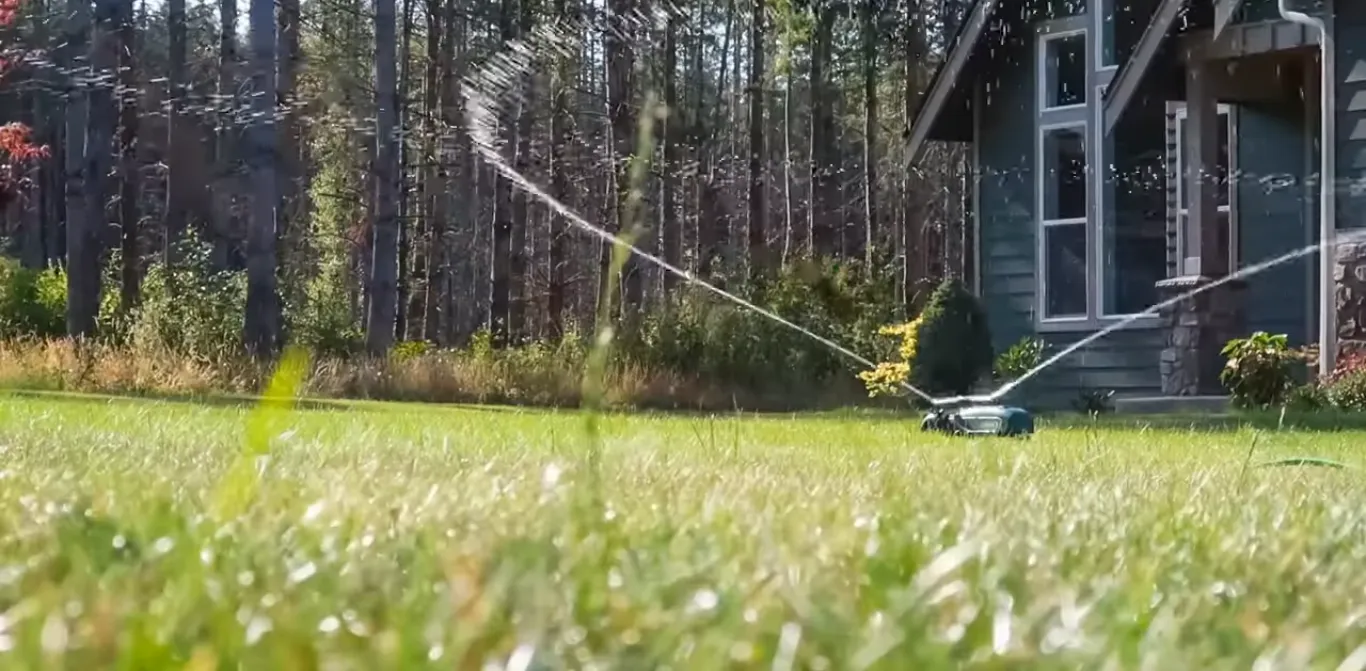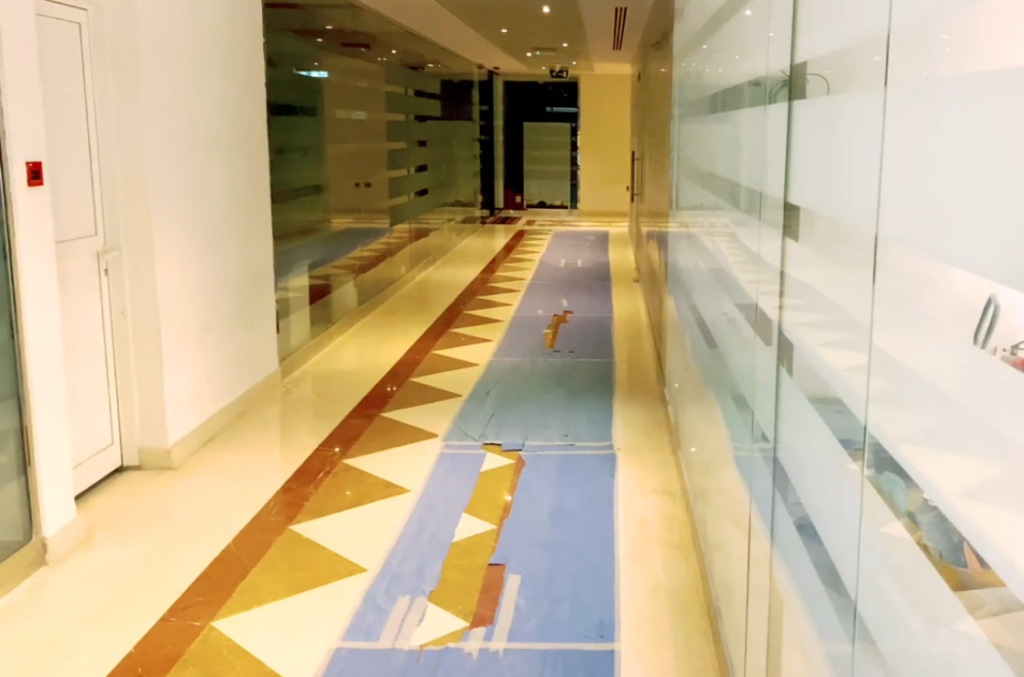Learn for making grass green naturally with simple tips and tricks. Achieve a lush, vibrant lawn without chemicals in Dubai’s climate.
Introduction to Making Grass Green Naturally
A green lawn isn’t just about aesthetics—it reflects care, health, and sustainability. And in Dubai, where temperatures soar, maintaining a healthy, vibrant lawn can be challenging. But guess what? It’s possible to keep the grass lush and green without relying on harmful chemicals. Let’s dive into natural methods that will help your lawn thrive, and while we’re at it, perhaps throw in some wisdom (and fun) to make things a bit more interesting.
Understanding Dubai’s Climate for Lawn Care
Dubai’s scorching sun and dry climate may seem like a lawn’s worst enemy. But understanding the climate is the first step in knowing how to make grass green naturally. The key lies in timing and choosing the right techniques. Spoiler alert: Overwatering isn’t the answer. Surprisingly, less is more when it comes to watering in this desert environment.
Choosing the Right Grass for Dubai
Not all grass types are built for Dubai’s extreme climate. If you want to know how to make grass green naturally, start with grass varieties that are well-suited for hot and dry conditions. Bermuda grass and Zoysia grass are top contenders. These heat-resistant species can thrive with minimal water while still providing that lush, green look everyone craves.
Watering the Right Way
When it comes to watering, there’s one big secret: deep and infrequent watering is far better than frequent, shallow watering. This encourages the roots to grow deeper into the soil, making the grass more resilient to drought. Aim for watering early in the morning (between 4 AM and 9 AM) to reduce evaporation loss. And, if you’re feeling ambitious, consider installing a smart irrigation system—it’ll do the hard work for you.
Signs of Overwatering
Overwatering your lawn is like giving a toddler too much sugar—it leads to problems. Look out for squishy soil, yellowing grass, or frequent puddles. These are clear signs you might want to give the sprinklers a break.
Organic Fertilization
Fertilizers don’t have to come from a bag with scary warnings. One natural way to keep grass green is by using organic fertilizers. Compost, aged manure, or even fish emulsion can work wonders. Organic fertilizers release nutrients slowly, providing steady nourishment without overwhelming the grass. Plus, it’s kinder to the environment (and your nose might thank you too!).
The Power of Mulching
When mowing, leave grass clippings behind. These act as a natural fertilizer by returning essential nutrients back into the soil. It’s like recycling, but better for your lawn. Over time, this can boost your soil’s health and reduce the need for additional fertilizers. Just don’t leave too much at once—your lawn shouldn’t look like a jungle.
Aerate the Soil for Healthy Roots
Ever feel like the lawn needs to breathe? Well, it does! Compact soil can prevent water and nutrients from reaching the roots. The solution? Aerating. This involves making small holes in the lawn to allow air, water, and nutrients to penetrate deeper. Aerate at least once a year, and watch your grass become healthier and greener as a result.
The Wonders of Lawn Care with Epsom Salt
Want a cheap trick to making your grass look green naturally? Epsom salt is your friend. It contains magnesium, which helps in the absorption of essential nutrients like nitrogen and phosphorus. Sprinkle a thin layer of Epsom salt over the grass every few weeks, and watch it work its magic. It’s like giving your lawn a little spa day!
Mowing Smart, Not Hard
Mowing your grass too short can stress it out. Raise the mower blade to leave the grass a bit taller (around 3-4 inches). Taller grass shades the soil, keeping it cooler and reducing evaporation. Plus, it makes your lawn look like the lush green carpets found in fancy hotels.
Sharp Blades Matter
One more thing—keep those mower blades sharp. Dull blades tear the grass instead of cutting it cleanly, leading to brown tips and an unhealthy look. It’s like trying to cut vegetables with a butter knife—not the best idea.
Natural Pest Control for a Green Lawn
Dubai’s climate isn’t just tough on grass—it’s also home to pests that can turn your green lawn brown in no time. But don’t reach for chemical pesticides just yet. Use natural pest control methods like neem oil, ladybugs, or even companion planting. These solutions help manage pests without harming your lawn or the environment.
Common Pests to Watch Out For
- Grubs: These pesky larvae can eat through roots, leaving brown patches. A natural nematode treatment can handle these without chemicals.
- Aphids: These tiny bugs suck the sap out of your plants. Introduce ladybugs—they’ll love feasting on aphids!
Call in the Pros When Needed
While taking a DIY approach is always satisfying, sometimes it’s best to call in the experts, especially if your lawn’s still looking more like a desert than a green oasis. KSA Landscape & Gardening L.L.C. specializes in transforming lawns into lush, green spaces using environmentally-friendly methods. With years of experience handling Dubai’s unique climate challenges, our team can offer a custom solution to keep your grass naturally green.
Frequent Asked Questions about Making Grass Green Naturally
How often should grass be watered in Dubai’s climate?
Watering should be done early in the morning, around 2-3 times a week. Deep watering encourages root growth and helps the lawn stay green during hot days.
What’s the best organic fertilizer for a green lawn?
Compost and aged manure are great options. They release nutrients slowly and improve soil health over time.
Can Epsom salt damage my lawn?
No, when used in moderation, Epsom salt can actually help. Sprinkle a light layer every few weeks, and it’ll give your lawn the boost it needs.
How can I control pests naturally?
Use neem oil or introduce natural predators like ladybugs to deal with common pests like aphids and grubs.
How often should I aerate my lawn?
Aerating once a year, preferably during the cooler months, helps ensure healthy roots and better nutrient absorption.
